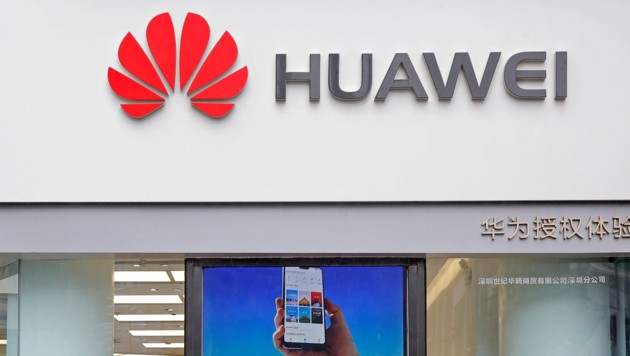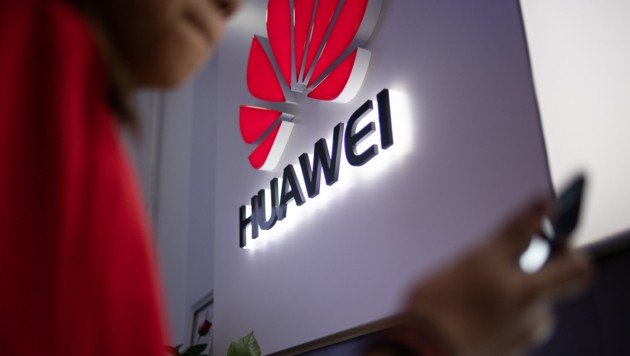Huawei Group faces tough times with far-reaching US sanctions. Huawei must in the second half still stuff a lot of holes and invest heavily, said director Liang Hua on Tuesday. In the first half of the year, sales of the mobile phone supplier and smartphone provider, however, grew significantly – not least thanks to an impressive market share in the Chinese home market.
However, the company makes no concrete statement about how much the business has recently suffered due to the US sanctions.
Trump sat Huawei to blacklist
Huawei was US President Donald Trump mid-May having regard to security concerns has been put on a blacklist. This largely blocked the company’s access to technology from US corporations and the American market. The prospect that Huawei smartphones will no longer receive updates from Google’s Android operating system also made sales in Europe more difficult. The Android lock was initially suspended until the end of August.
But Huawei still does not know whether the next top models of its smartphones can be delivered with Android and access to Google apps such as Maps or Gmail. Huawei definitely wants to continue to use Android, but that depends on the US government, said Liang Hua. At the same time, he affirmed that Huawei is in a position to establish an alternative operating system and app infrastructure.

This operating system is based on software that Huawei originally designed for networked devices in the Internet of Things. But it can also drive smartphones – and Huawei assumes that in the future, the operating system on the smartphone will lose importance and many functions will take over cloud computers in combination with fast networks. One does not believe that in the long run a separate operating system for smartphones is still necessary, said the Vice-boss of the Germany business, David Wang.
Huawei says it sold 118 million smartphones in the first half of the year, or 24 percent more than a year ago. Growth is likely to have been largely driven by the domestic market. According to calculations by analysis analysts, Huawei reached in the second quarter in China, a record market share of 38 percent. There, the smartphone sales of the company in this time increased by 31 percent to 37.3 million devices. A patriotic mood in the face of US sanctions also contributed to that.
In Europe and Germany, after the announcement of US sanctions in mid-May, sales “plummeted” because consumers were insecure, Wang said. In the meantime, sales have again reached more than 80 percent of the previous volume. The Android ban had been suspended by the US government initially until the end of August, as it goes on is unclear. Huawei also promises to continue providing users with updates.

First quarter sales increase significantly
In the first half of the year, sales increased by a good 23 percent to 401.3 billion yuan (52.33 billion euros). Liang Hua also did not provide a forecast for growth in the second half of the year on request. But he was emphatically defiant: “We will continue to fight for our survival.” Huawei will also invest in the future. At the beginning of his presentations, a photo of an old fighter jet was shown, which remains in the air despite bullet holes in the wings.
According to Huawei, the US sanctions had no significant impact on the technology business for the upcoming super-fast 5G data radio. Thus, since mid-May, eleven orders have been received for the equipment of 5G networks. Huawei is considered a leading provider of technology for 5G mobile networks, which will be built around the world in a big way in the coming years. However, there are debates in Europe over whether the group should be excluded from the 5G network construction due to security concerns. One of the warnings is the proximity of Huawei to Chinese authorities and the possibility of sabotage in the event of conflict. Huawei always rejected the allegations.

